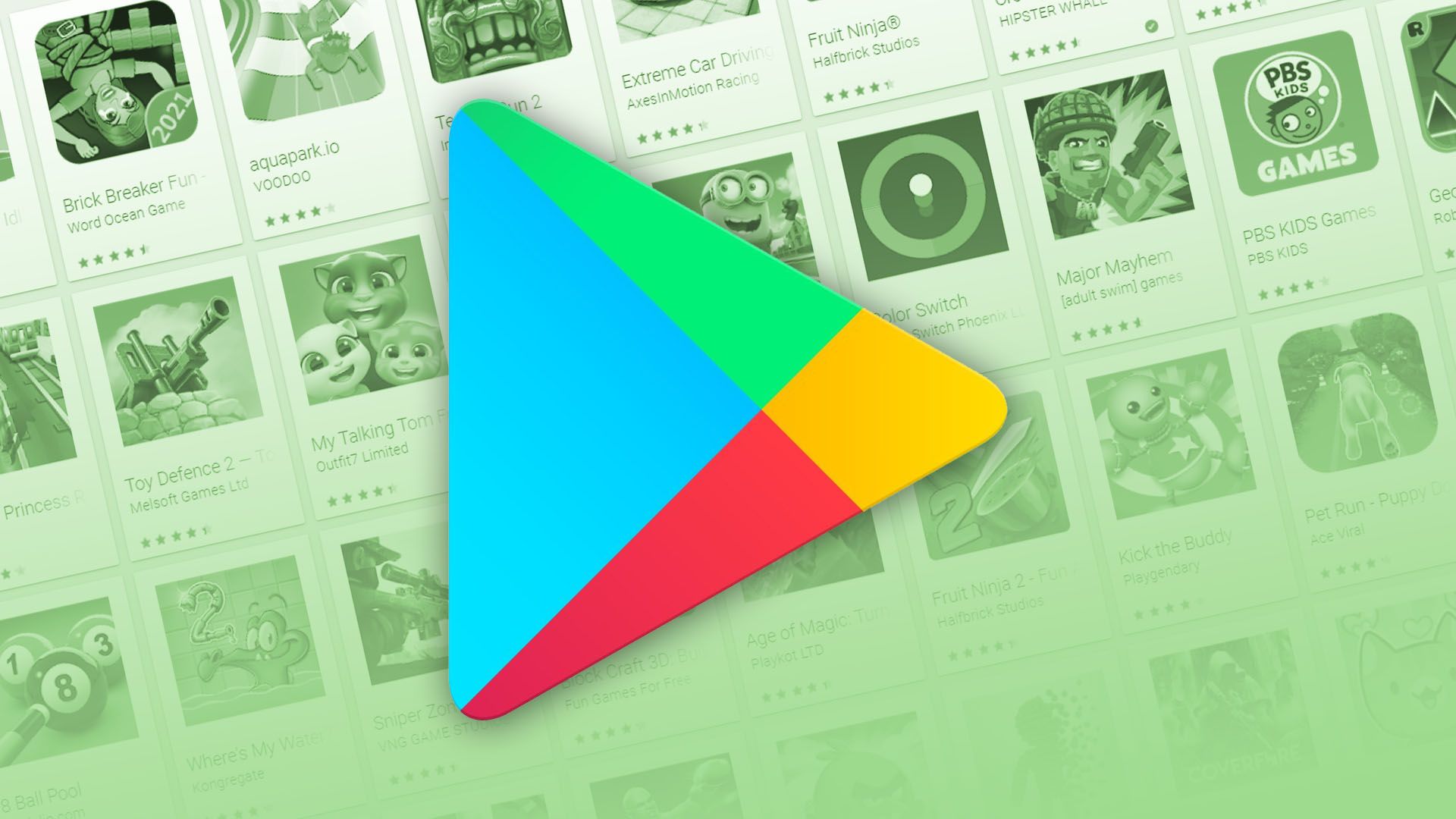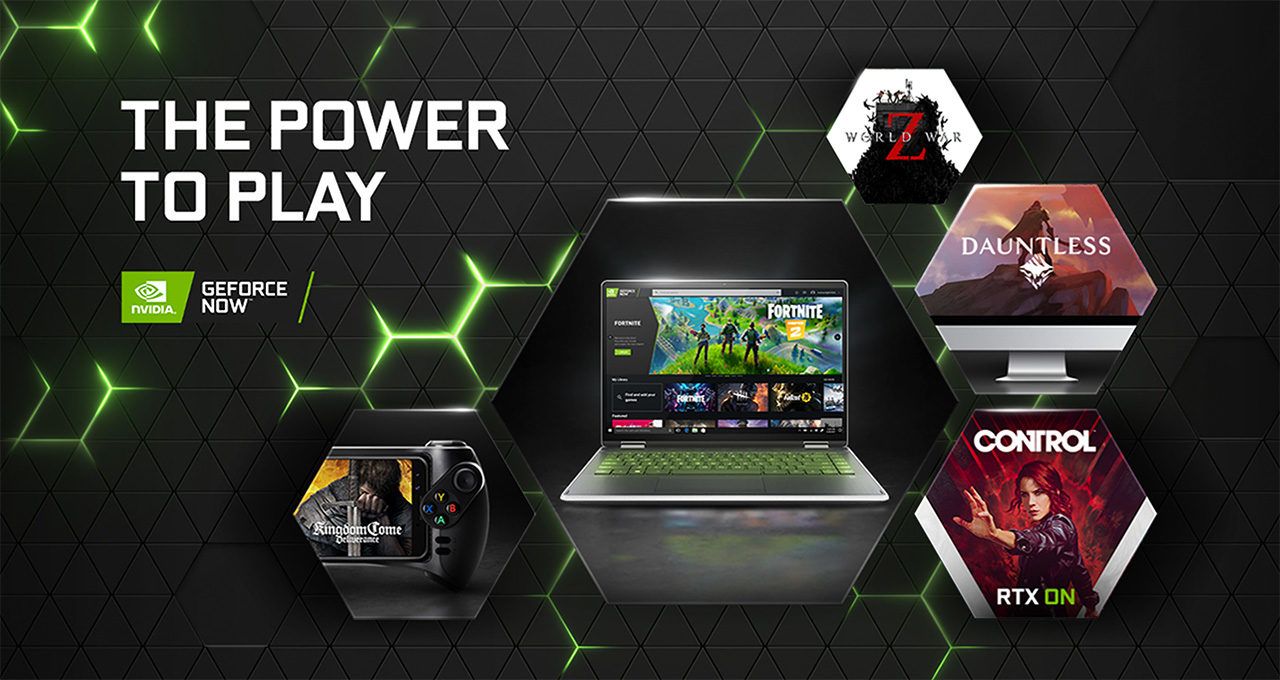latest

Court rules that Bandcamp can continue using its current in-app payment system while Epic's legal battle with Google continues
It'll place 10% of all sales on Android in escrow
We're just days away from Google's new payment policy on the Play Store finally going into effect, nearly two years after the company first announced it. The last few weeks have seen plenty of drama, especially from major publishers like Amazon and Barnes & Noble, who are attempting to avoid new fees

Google countersues Epic for the money it made by breaking Play Store rules
After courts ordered a similar payment to be made to Apple last month
Epic’s fight against the tech industry continues. Just a few weeks after its lawsuit against Apple came to a close — pending appeals, of course — there’s a new development in another court case. Epic’s case against Google has yet to conclude, and there’s a new twist unfolding more than a year later: Google is fighting back.

If nothing else, Epic's continuing legal battle with Apple and Google is revealing some juicy behind-the-scenes details of the mobile gaming world. The latest tidbit is that, according to a report of the ongoing Epic v. Apple lawsuit, the game developer tried to tempt Google with a Stadia launch of Fortnite, one of the most popular free-to-play games on the planet, and the fulcrum of Epic's current battles.

One Apple exec actually wanted to bring iMessage to Android back in 2013
Apple already admitted that iMessage for Android was killed to keep its walled garden
The legal conflict between Epic Games and Apple has already had some fairly substantial fallout. The court of public opinion pressed Apple and Google to reduce marketplace fees for developers on the App Store and Play Store, and a number of Apple's antics have fallen under the scrutiny of politicians and the general public. The hearing also shined light on iMessage's Apple exclusivity, with the company admitting that it kept the messaging platform from Android in order to create a lock-in effect. But apparently that stance wasn't shared with everyone across the board. It turns out that Apple executive Eddy Cue wanted to bring iMessage to Android in 2013, only to be shut down by peers, as a new deposition shows.

Following Apple's lead, Google cuts Play Store fees in half for most developers
The first $1 million in revenue will get a lower 15% split
For half a year there's been a huge storm brewing over app store platforms, the money that they make, and who gets to keep how much of it. It all came to a head when Epic dared Apple and Google to kick Fortnite off of the App Store and Play Store for working around the usual in-app purchase revenue split. Long story short: Apple and Google did just that, and the legal battle is ongoing. But the fallout is affecting other parts of the industry.

Apple cuts App Store fees in half for most developers amidst ongoing antitrust fight with Epic
Will Google follow suit?
Earlier this year, Apple got into a bit of a kerfuffle over the cut it takes from the revenue of apps like Fortnite. Epic sued the company, and Apple has faced increased scrutiny in the wake of the lawsuit. Now, Apple has announced that it is cutting some App Store fees in half in a move that will see most developers get a significant raise in revenue.

Nvidia GeForce Now gains 8 new titles as it switches to weekly new release schedule
A friendship between Epic and Nvidia is also emerging
Nvidia's game streaming service has been hit by an exodus of big studios like 2K Games, Bethesda, and Activision Blizzard, but GeForce Now seems to remain insanely popular nevertheless — due to rising demand, you currently can't sign up for it in Europe and some trail Pro accounts have been downgraded. That might be because despite the big studio losses, the game library on the service continues to grow. To make these new releases on the platform more predictable, Nvidia has announced that it wants to add most new games every Thursday going forward.

Over the weekend, Fortnite went dark as a massive publicity stunt where the game's battle royale island was sucked into a black hole. Today marks the launch of Chapter 2, and it brings along some significant changes. The most notable being the addition of a new island that replaces the last, but you can also expect new water-based gameplay, new hideouts/explosives, plus combat has been upgraded with a streamlined weapon arsenal. You can also expect less of a grind thanks to a brand new XP system and Medals for Chapter 2's Battle Pass. All in all, the launch of Chapter 2 appears to be a big one, so if you're eager to play, I'm happy to report that that the first season in the latest chapter is live.

The renaissance of mobile room-based video chat applications has largely passed, with even Facebook deciding their clone didn't need to stick around. One of the original players, Houseparty, has managed to continue running. In fact, today the app was acquired by video game giant Epic Games.

Congratulations: You've finally developed your million-dollar app. You took a great idea, implemented it, built it into a polished UI, and tested it until you tracked down every last bug. Now it's ready for public release, so you can sit back, relax and ... earn just 70% of what users pay for your software? That doesn't sound right. Yet it's a position that mobile app developers everywhere find themselves in, one that's perched somewhere on the intersection between wildly unfair and mild extortion.

Unless you absolutely despise games, you've probably noticed Unreal Engine is sort of a rock star among game development platforms. Not only is it capable of rendering some profoundly gorgeous graphics, it can do so on virtually every major desktop and mobile operating system available. Today, Epic Games is releasing Unreal Engine 4.4 with some new tools for building animation and behavior models, additional rendering features, improved support for Android and iOS, and even some free stuff in the content marketplace.

Android surpassed iOS in global smartphone marketshare ages ago, yet iOS still tends to get new apps and games before it. The easy critique is that bone-headed developers are still lovestruck with Apple. A more reasonable critic would acknowledge that developing software that can run on the countless Android devices out there is going to take more time and effort than supporting a single piece of hardware. Developer Game Oven Studios has posted a short vine clip that sums this up in just a glance.

Journey with me, if you will, back to April of 2011. It's a long way back, so allow me to refresh your memory: Epic Games founder Tim Sweeney sat down for a little chit-chat with Gizmodo, where they discussed mobile platforms. Naturally the discussion ended up at "are you ever going to bring games to Android?," where the resulting answer was basically "no." We were sad, but got over it eventually.

Breathing new energy into Mike Singleton's 1984 classic the Lords of Midnight, Chris Wild has brought the game to Android. The game, for those unaware, is an epic adventure game – first enjoyed on the ZX Spectrum and Commodore 64 – that takes players (along with three other characters) on an adventure to destroy the Ice Crown and defeat Doomdark, with the option to recruit lords and troops to defeat Doomdark's minions. In the process, players will venture through enchantingly retro environments.

As the world of Android gaming grows larger, more and better talent is continually attracted to the platform. ROBOTA: Vengeance is a game currently under development by SiXiTS Studios based on a story by Doug Chiang. The team at SiXiTS is run by creative talent that's worked on graphic design and 3D animation for films like Star Wars Episodes I & II*, Terminator 2, War of the Worlds, Harry Potter and the Prisoner Of Azkaban, and Disney's A Christmas Carol. In short, some of the most visually creative people around.

When you name your game "One Epic Game", you have one of two options: either fill your game with high-powered hardware, gnarly baddies, and over-the-top villains, or not take it seriously and call it ironic. Game developer Grip Games chose to do both. One Epic Game is a side-scroller set in a post-apocalyptic world filled with zombies that's aware of just how trite that premise is.

Here we are: the launch of the first Samsung Galaxy S II to hit a U.S. carrier, dubbed the Epic 4G Touch (E4GT) and landing on Sprint today. It certainly took long enough for the SGSII to hit U.S. shores - it was announced by Samsung in February during MWC, and launched as early as May in some markets. It was a huge success even before launch, with Samsung receiving millions of pre-orders, and for good reason - the SGSII was incredibly well rated, with reviewers universally praising it as one of (usually the) best Android device available. Consequently, for months after its international lanch, it was highly anticipated in the U.S. - but little was revealed by Samsung until their announcement conference on August 30. So again, here we are: the launch of the first US SGSII.

The Samsung Galaxy S II (SGSII) has been one of the most highly anticipated devices in recent memory - perhaps second only to the annual new iPhone. There are two very good reasons for this: first, the original Galaxy S devices were hailed as some of the best on the market. Second - and more importantly - from its start as an on-paper proof, to its run on the trade show circuit, through its international release, the Galaxy S II been hailed as one of (if not the) best phone on the market.

It's Sunday night, and as the news fairy is getting ready to go to sleep, I'm really itching to highlight a few things that caught my attention earlier today, for those who aren't following us on Twitter, Facebook, or Google+ (really, you should be).

Nearly a month ago a Gingerbread build for the Samsung Epic 4G leaked, and if Sprint's website is any indication (and it is), the finalized update may be nearly ready to go. The official product listing for the Epic now says the device ships with Android 2.3 - a pretty strong suggestion indeed, and not likely to be a typo.













